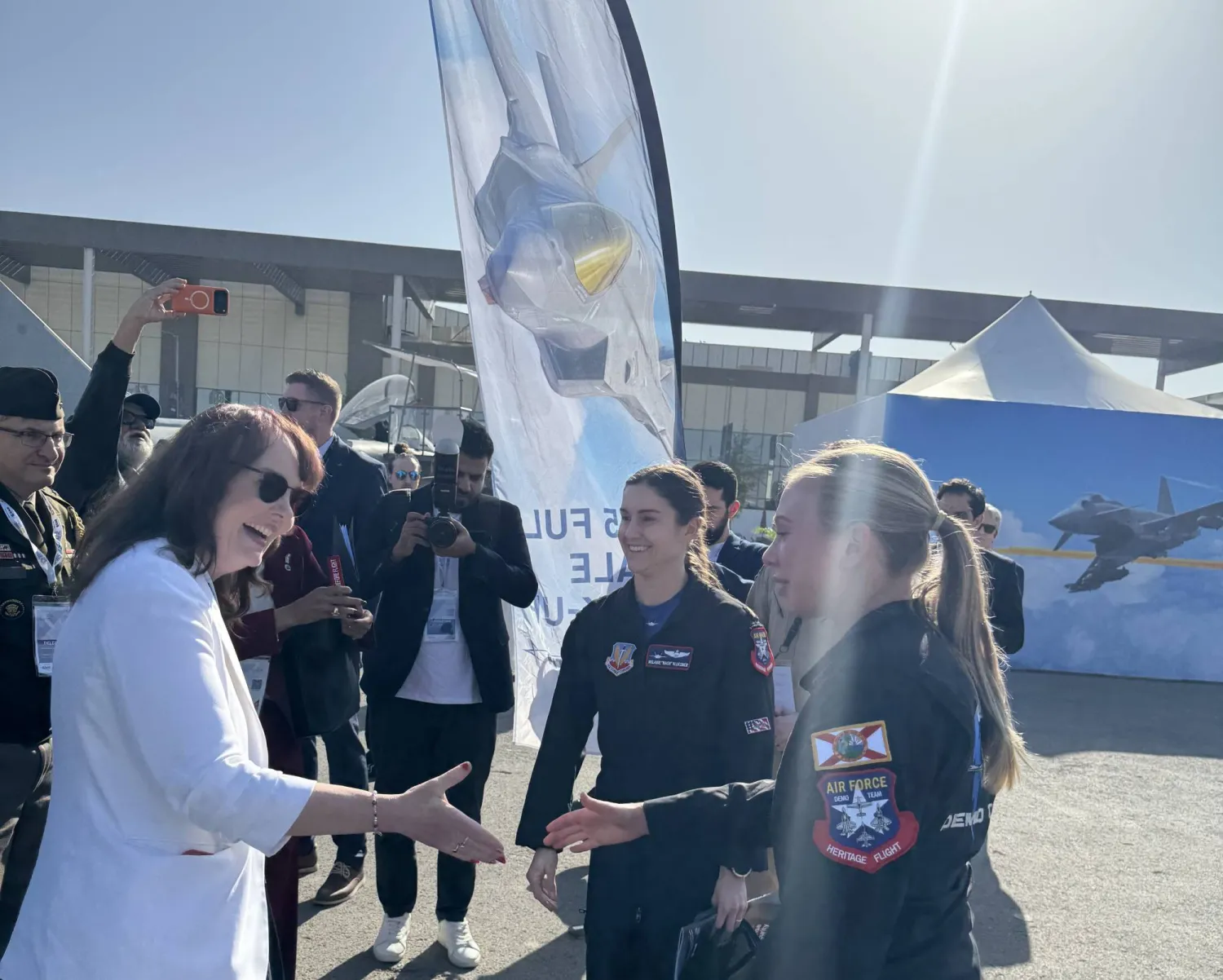The Saudi government reiterated on Tuesday the Kingdom’s support to finding a political solution to the crisis between Russia and Ukraine.
Custodian of the Two Holy Mosques King Salman bin Abdulaziz chaired the cabinet meeting that was held at the al-Salam Palace in Jeddah.
The cabinet stressed that the Kingdom will also continue with its humanitarian efforts to help ease the impact of the Russia-Ukraine conflict.
It praised the cooperation of the Russian and Ukrainian governments with the mediation, led by Crown Prince Mohammed bin Salman, to release prisoners from various nationalities last week.
The mediation is part of his efforts in adopting humanitarian initiatives, it stressed.
The ministers were briefed on the various talks held by Saudi officials with world leaders and envoys that tackled the latest international developments over the past week. They also reviewed the latest regional developments.
The ministers reviewed Saudi Arabia’s participation at the 77th United Nations General Assembly and the several meetings its officials held on its sidelines.
The meetings reflected the Kingdom’s keenness on supporting and bolstering joint international work and cooperation to confront global challenges and taking the initiatives to help establish a more peaceful and just world to shape a promising future to peoples and coming generations.
The cabinet underscored the statement issued by the International Quartet on Yemen that condemned the Iran-backed Houthi militias for their military reinforcements and attacks in Yemen that are undermining the ongoing nationwide truce.
The Quartet stressed its full support to the efforts of United Nations envoy Hans Grundberg to extend and expand the truce and ensure its full implementation.
The cabinet highlighted the Kingdom’s remarks during the general debate of the 51st session of the Human Rights Council in Geneva, stressing the importance of promoting a culture of dialogue, cooperation, tolerance and respect for noble values and other cultures. The Kingdom believes that this diversity is key to achieving prosperity and sustainable development for all peoples of the world.
On domestic affairs, the cabinet commended the attention paid by the state to the programs and strategies of the Kingdom’s Vision 2030, especially with regard to the housing needs of citizens and the quality of services provided to them.
It noted efforts to continue to facilitate and increase home ownership rates to reach the target of 70% by 2030, to improve the quality of municipal services, the urban landscape and develop infrastructure, and optimize the use of natural and water resources.
The cabinet hailed the Kingdom's topping of G20 countries in international tourist arrivals during the first seven months of 2022. Saudi Arabia witnessed a rise of 121% compared to the same period in 2019, revealed the latest reports by the World Tourism Organization.
The cabinet said the achievement is a continuation of the qualitative leaps in the tourism sector, which provides job opportunities for citizens, and represents a cultural bridge to communicate with the world.









